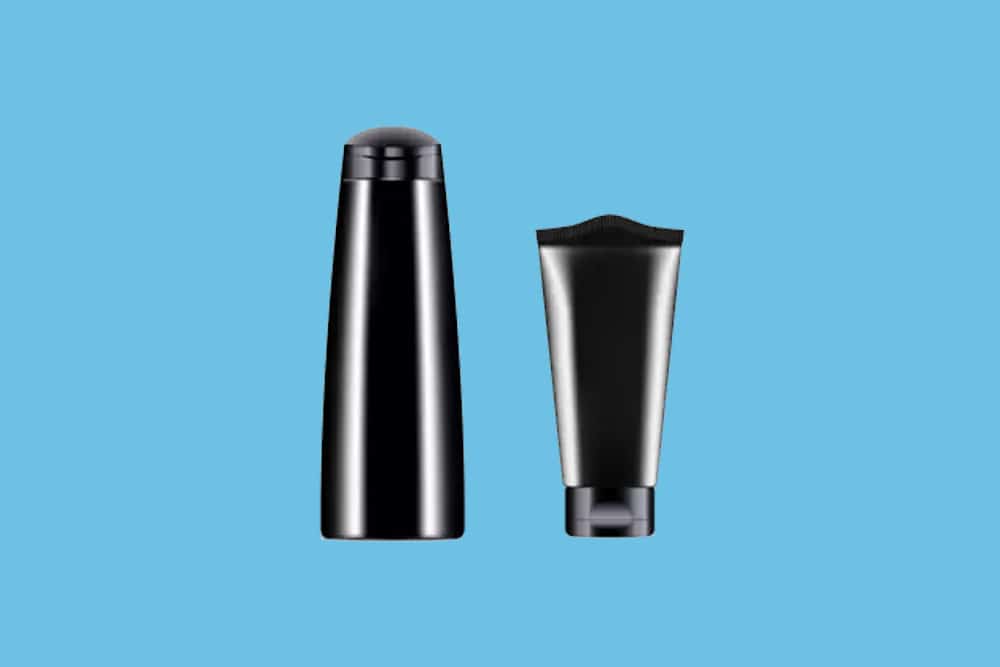How To Choose Between Flexible & Rigid Packaging
You need a packaging solution that is affordable and reliable and helps your products fly off the shelves. Explore the key differences between flexible and rigid packaging to see which option offers the best features for your production needs. Find out how Maple Mountain Co-Packers can lead you from formulation to distribution with custom flexible packaging and rigid container solutions.
Flexible Packaging
Keep your packaging flexible, eco-friendly and vibrant with flexible solutions and flexible containers. This malleable option can be manufactured in a range of sizes, dimensions, and styles:
Flexible and rigid packaging both come in a wide range of materials. Choose malleable packaging with multiple layers to combine a durable exterior and a food-safe interior. Flexible packaging and flexible containers are used for food, industrial powders, electronics, and other applications.
Pros of Flexible Solutions
Considering flexible solutions for your products? Here are the benefits of choosing flexible solutions and flexible containers from a contract packaging service:
- Reduced cost
- Eco-friendly
- Convenient use
- Iconic branding
You can enjoy an environmentally friendly, cost-effective, and personalized flexible packaging solution when you choose a malleable material or layered product.
This packaging option takes less space to ship and can use less overall material, making it less expensive than many rigid products.
Because this option uses less plastic, it is typically a more eco-friendly alternative to rigid packaging and rigid containers. Many flexible solutions are recyclable at participating locations, so your packaging won’t contribute to local landfills.
Create flexible packaging with resealable or easy-tear openings for convenient use. Compared to some rigid lid designs, flexible packaging and flexible containers are a preferred option for many customers.
Some industries have already made a major change to flexible packaging, but in other industries it’s still a new technology. Help your products stand out with iconic stand-up pouches, stick packs, and other eye-catching designs.
Cons of Flexible Packaging
While malleable solutions are popular for many products, there are still some limitations to this solution. Consider the disadvantages of flexible packaging materials for your products:
- Less protection
- Temperature resistance issues
- Non-biodegradable design
- Limited stacking ability
A sharp corner, heavy weight, or high temperatures could damage flexible packaging and flexible solutions. This feature can increase the amount of product waste.
These materials are recyclable, but won’t break down easily if sent to a landfill instead of recycled properly. It’s essential to have the right recycling programs in place to maintain an environmentally friendly, flexible packaging solution.
Rigid Packaging
When you need a tough package to protect fragile or heavy items, flexible packaging may not be the right choice for you. Consider rigid containers and rigid packaging made of hard plastic, glass, metal, cardboard, or other materials to ensure your products reach your customers safely.
Pros of Rigid Alternatives and Rigid Packaging
Consider rigid containers and rigid packaging to enjoy these advantages:
- Durable designs
- Stackable shapes
- Reusable convenience
- Eco-friendly materials
A hard plastic container is far less likely to be punctured, crushed, or otherwise damaged than a flexible plastic one. If you’re concerned with maintaining product integrity after shipping and handling, then you may need a rigid container. Tubs, barrels, and other rigid containers can be easily stacked. This allows you to position more products on the shelf and ship them conveniently without using dividers or other rigid packaging components. Many customers enjoy reusing containers from products if you package them in resealable, dishwasher-safe containers. A rigid container also feels sturdier and more luxurious, so it promotes the quality of your products. Both flexible and rigid packaging are recyclable, but some locations don’t accept multi-layered malleable products. Rigid containers and rigid packaging are more likely to be accepted in recycling centers around the country.
Cons of Rigid Packaging
A glass bottle, cardboard box, or plastic jar isn’t always the best solution for every situation. While there are many reasons to consider rigid containers, there are also limitations to rigid packaging:
- Typically higher manufacturing costs
- Greater carbon footprint
- Uses more material
Thicker walls and more complex manufacturing processes result in higher costs for producing rigid packaging. You may be able to pass on higher packaging costs to consumers of luxury products, but you’ll struggle to stay competitive in other markets. More energy is needed to produce most rigid packaging products, which results in a greater carbon footprint for your company. You’ll need to find ways to offset this footprint with more than just recycling used rigid containers. More material means more weight and cost. A sturdy jar may keep items safe, but it also takes up more space.
How to Find the Right Packaging for Your Products
Review the pros and cons of flexible and rigid packaging for your industry. As you consider whether flexible containers or rigid containers are best for your situation, review these features of your products:
- Durability
- Size
- Weight
- Branding
- Shelf life
- Cost
A fragile item may not withstand routine shipping in a flexible package or flexible container. The size and weight of your product can affect which option is more cost effective. How do you want customers to view your brand? Malleable packaging stands out as a modern, unique solution to traditional packages. Rigid container alternatives, however, offer a luxurious feel. Products that aren’t going to sit on the shelves very long can be stored in lightweight, flexible packaging. For more long-term storage options, consider rigid solutions that won’t affect the flavor of foods or liquids.
Partner with a Proven Packaging Provider
Learn more about the differences between flexible and rigid packaging with Maple Mountain Co-Packers. Explore MCCP’s services to see how you can enjoy contract packaging services designed to Build. Produce. Deliver.
If you have any questions about Flexible & Rigid Packaging or any of our other services, contact us today.
